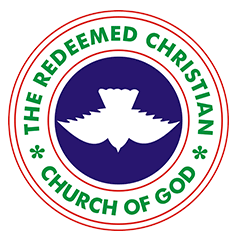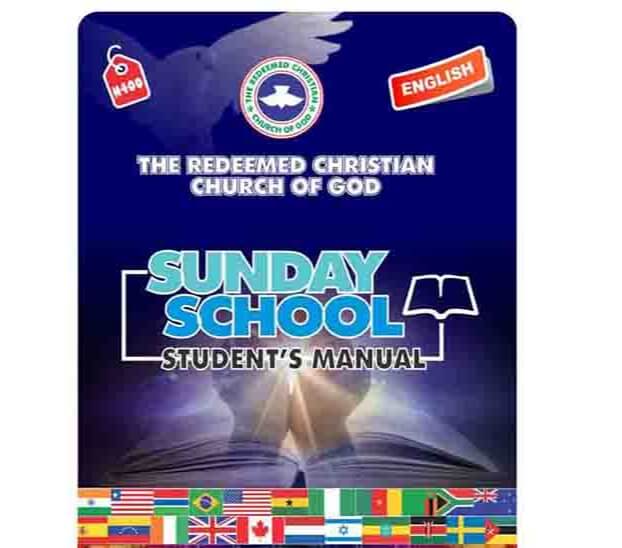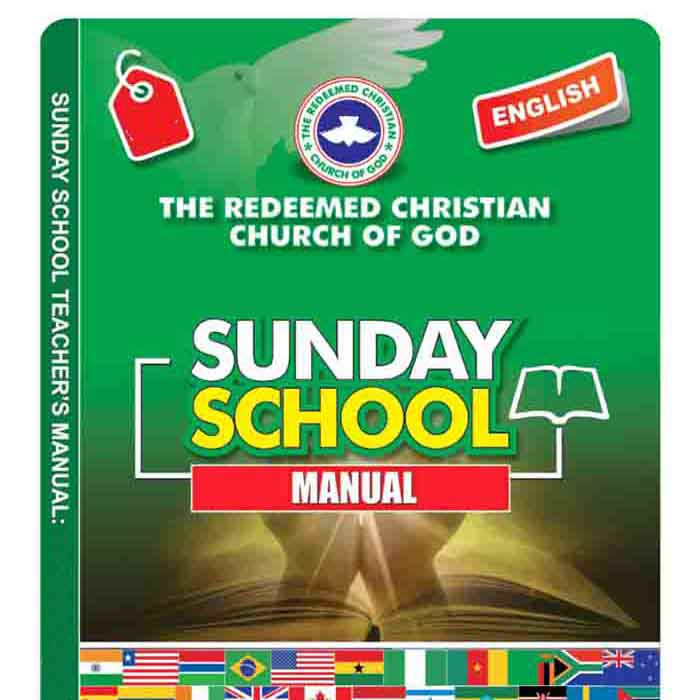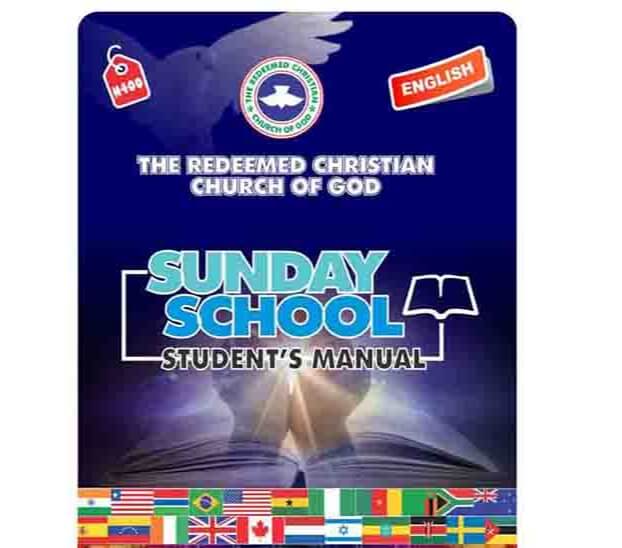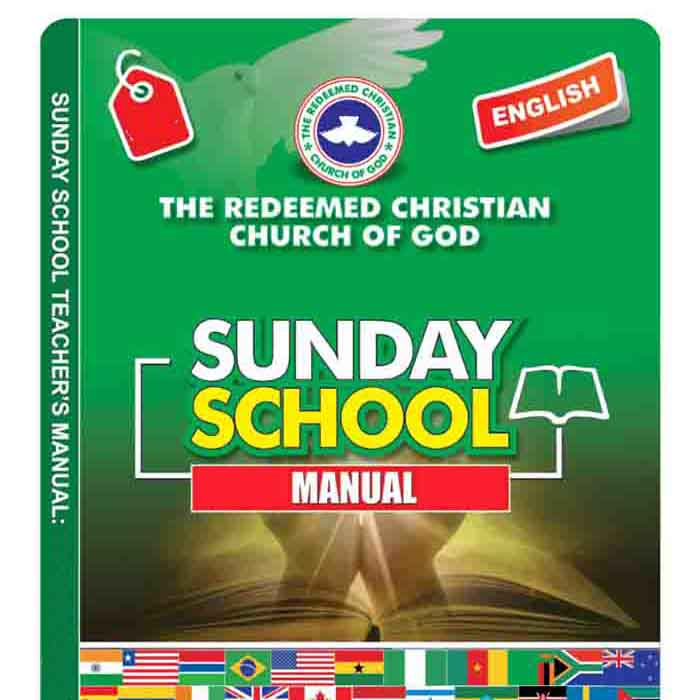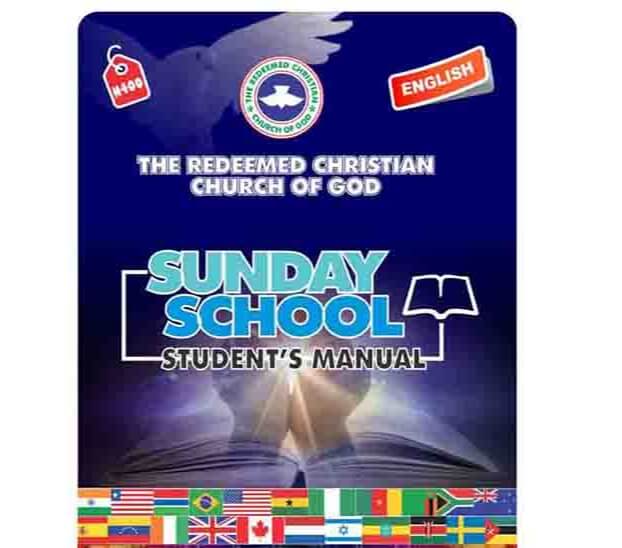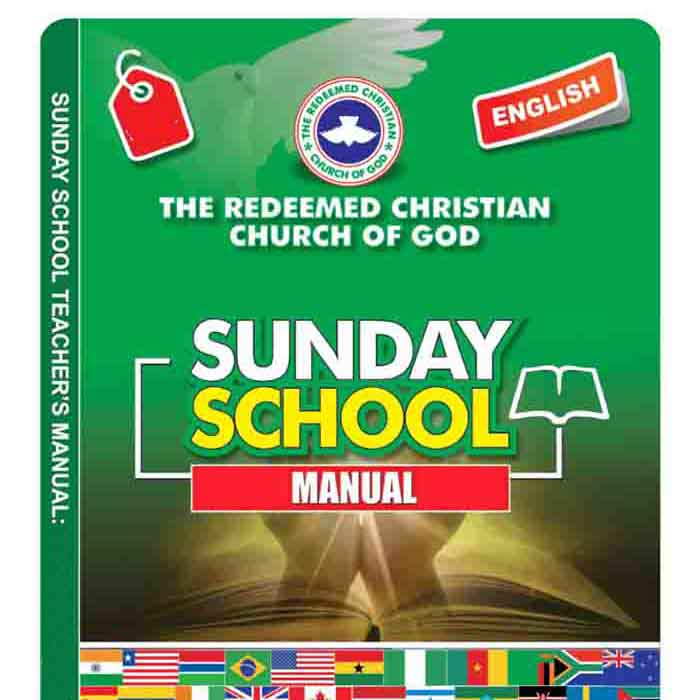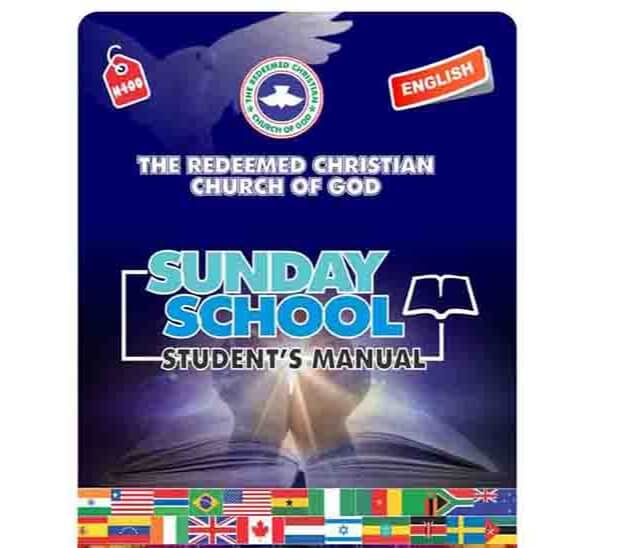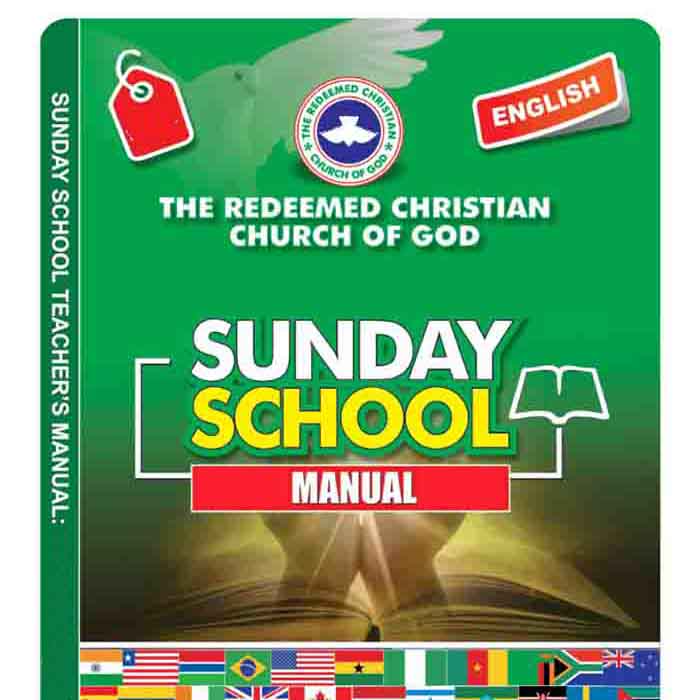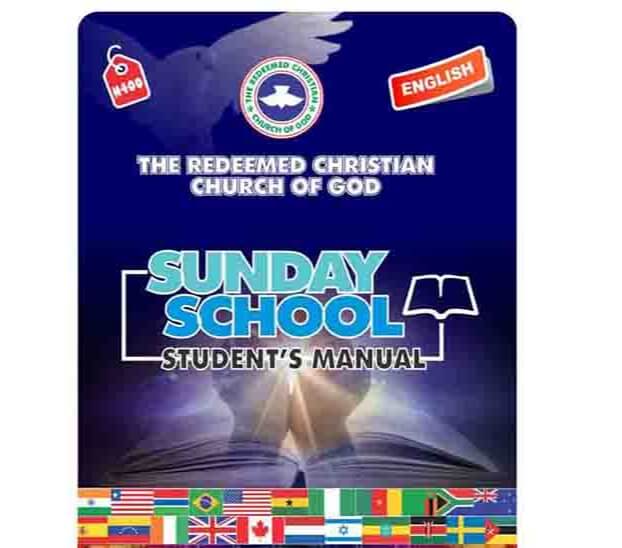This is RCCG Sunday School Teachers manual for the adult class.
Today’s Lesson 44 topic: STILL WATERS
Date: 29 June 2025
Read:
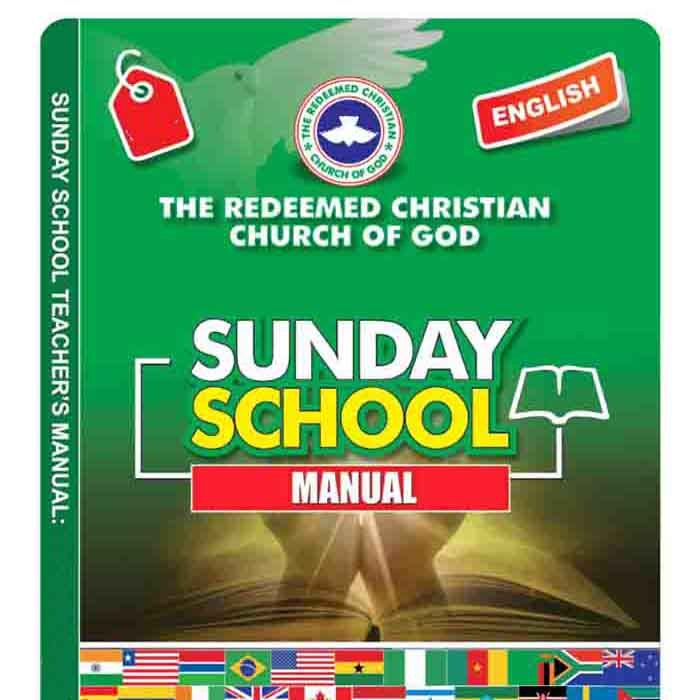
Note: Check RCCG SUNDAY SCHOOL HYMN LYRICS
RCCG SUNDAY SCHOOL TEACHERS MANUAL LESSON 44 (29 JUNE 2025)
TOPIC: STILL WATERS
OPENING PRAYER:
Father, please help me understand what it means to stay beside the still waters in Jesus’ name.
PREVIOUS KNOWLEDGE:
The teacher should allow the assistant teacher to review the lesson for the previous week.
BIBLE READING
BIBLE PASSAGE: Psalm 23: 1-6
1 The Lord is my shepherd; I shall not want.
2 He maketh me to lie down in green pastures: he leadeth me beside the still waters.
3 He restoreth my soul: he leadeth me in the paths of righteousness for his name’s sake.
4 Yea, though I walk through the valley of the shadow of death, I will fear no evil: for thou art with me; thy rod and thy staff they comfort me.
5 Thou preparest a table before me in the presence of mine enemies: thou anointest my head with oil; my cup runneth over.
6 Surely goodness and mercy shall follow me all the days of my life: and I will dwell in the house of the Lord for ever.
MEMORY VERSE:
“He maketh me to lie down in green pastures: he leadeth me beside the still waters.” Psalm 23:2
LESSON INTRODUCTION
Sheep do not birth their lambs in a turbulent or stormy place; they keep away from others to deliver what is inside of them. Adam, while in the garden, a calm place, was able to name, categorise and file all the animals without any physical aid (computer, pen, paper, etc.) -Genesis 2:15, 19-20
The still water is a calm place where God brings you to maximise your potential. When your head is “clear” you can think, remember, and evolve. The challenge is how to achieve the calmness that will birth the greatness inside when constantly bombarded with ‘noise’ (chal-lenges, troubles, trials, etc.).
TEACHER’S DIARY
LESSON AIM:
To teach how to achieve the calmness that will birth greatness inside us amid the storm.
TEACHING OBJECTIVES:
Through this study, students should be able to:
- Explain the term ‘Still waters.’
- Know how to deal with the distractions and challenges that inhibit growth and progress.
- Understand how to identify what constitutes green pastures.
TEACHING PLAN:
To achieve the above-stated objectives, the teacher should:
- Allow the students to recite the memory verse, read the Bible passage, contribute to the discussion, and do class activities and assignment.
- Allow the Assistant Teacher to see to the wellbeing of the class, and mark attendance and assignment.
- Teach the lesson outline, summarise, con-clude, evaluate the lesson and give assignment.
TEXT REVIEW: Psalm 23:1-6.
This passage highlights David’s confidence in God’s grace to take care of him and to keep him from all evil. He declares:
- The Lord is my…v1.
- He maketh….v2.
- He restoreth…v3.
- Yea…V4.
- Thou….V5.
- Surely,…V6.
TEACHING METHOD:
The Question and Answer Teaching Method.
TIME MANAGEMENT: The teacher should apply the two-lesson outline teaching time.
LESSON OUTLINE 1: SILENCE THE “NOISE”
Question 1: Why do Ships sink?
Answer: Ships do not sink because they pass through waters but because the waters pass through them.
Question 2: Can you prevent the negative occurrences around you from taking over your mind and abilities?
Answer: Yes. With God on your side, you have the power to prevent the negative occurrences around you from taking over your mind and abilities.
Question 3: How can you achieve the calmness that will birth the greatness inside you?
Answer: You can achieve the calmness that will birth the greatness inside when you:
- Silence the voice of mediocrity, bitterness, regrets, etc. and constantly assure yourself that you are made for greatness (Proverbs 23:7a; Hebrews 12:15).
- Deal with any destructive behaviour to protect your self-esteem.
- Avoid being so busy or cumbered, with just trying to survive, focus on accomplishing your visions and goals (Proverbs 29:18).
- Be time-conscious and avoid going round in circles (John 9:4).
- Stop being reactive, wake up daily with an agenda and a sense of urgency, and direction (Philippians
4:8). - Close all loopholes in your marriage, family, career, etc. and work towards unity, prosperity and dominion.
Question 4: What are the things you need to take note of?
Answer:
i. Your prosperity is a reflection of your inside (3 John 2).
ii. Your vision should not be limited to your situation.
iii. Sometimes, your situation may be preparing you for where God is taking you (Genesis 45:5-8).
iv. Dare to stand out rather than fit in.
CLASS ACTIVITY 1:
Students should share with the class their experience with distractions’ and how they dealt with them.
LESSON OUTLINE 2: FIND GREEN PASTURES
Question 1: What is a ‘Green pasture’?
Answer: A Green pasture is a place of freshness or newness (Isaiah 43:19).
Question 2: What does ‘He maketh me lie down in green pastures’ mean?
Answer: ‘He maketh me lie down in green pastures’ means God is willing to make you rest in the blessings He has given you (Ecclesiastes 2:24;1 Timothy 6:17).
Question 3: What does ‘lie down in green pasture’ mean?
Answer: To ‘lie down in green pasture’ could mean:
- Being hopeful again after a series of disappointments (Job 14:7).
- Receiving the ability and strength to love again after a hurt (1 Corinthians 13:4,2.
- To want to live again after barely escaping from depression (Job 6:11; 14:14).
- To believe that afflictions shall not rise again (Nahum 1:9).
- To try again and succeed in areas where you have once failed (Micah 7:8).
- To receive peace and let go of offenses, bitterness, and anger that have held you captive for long (John 14:27; Ephesians 4:31), etc.
CLASS ACTIVITY 2:
Identify the ‘green pasture’ that you are afraid of and pray for boldness to lie on it.
CONCLUSION: RCCG Sunday School Teachers Manual 29 June 2025
You cannot be in a place of still waters until you let go of the things distracting you or invading your space.
EVALUATION:
How can you achieve the calmness that will birth the greatness inside you?
CLOSING PRAYER:
Father, please help me to lie in the green pastures that you have made avallable to me.
ASSIGNMENT: RCCG Sunday School Teachers Manual Lesson 44
Write out five areas of turbulence in your life, and pray for divine leading to the still waters (No Mark).
Follow RCCG Live on:
